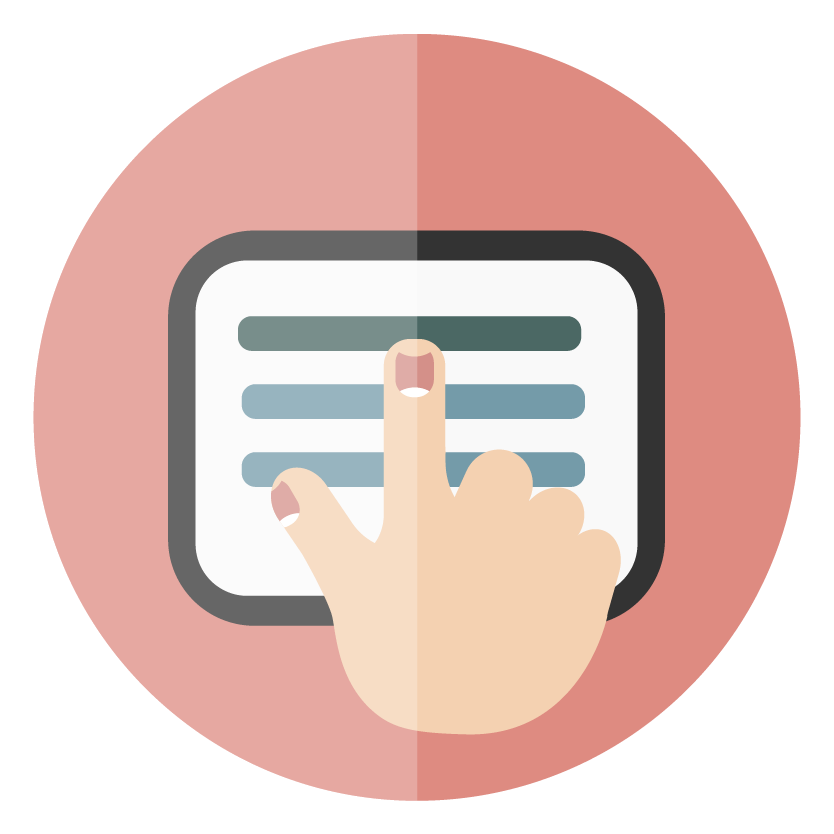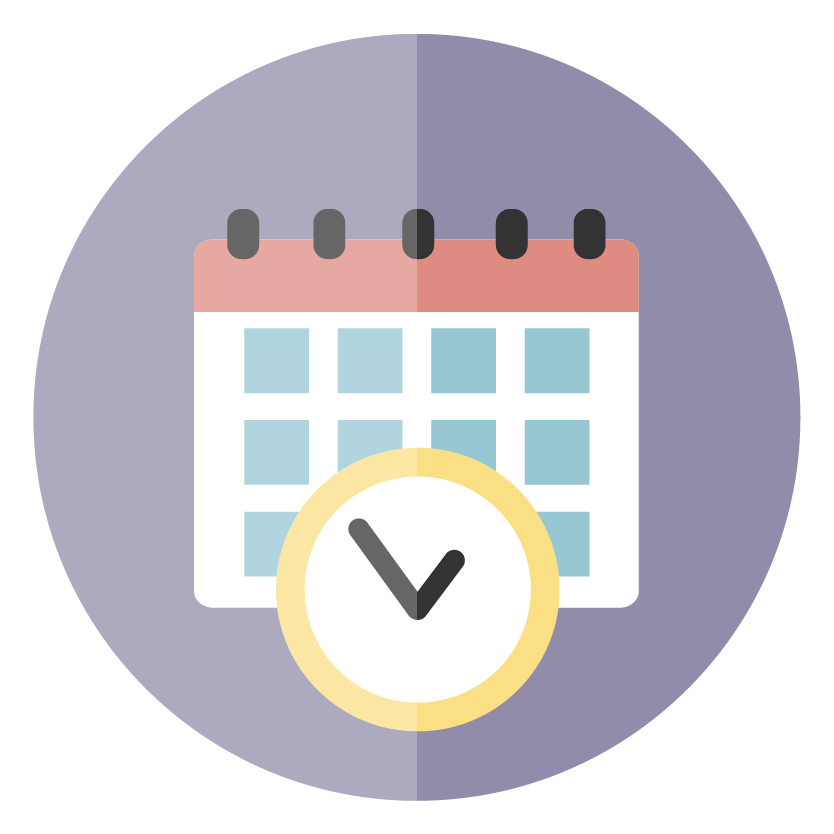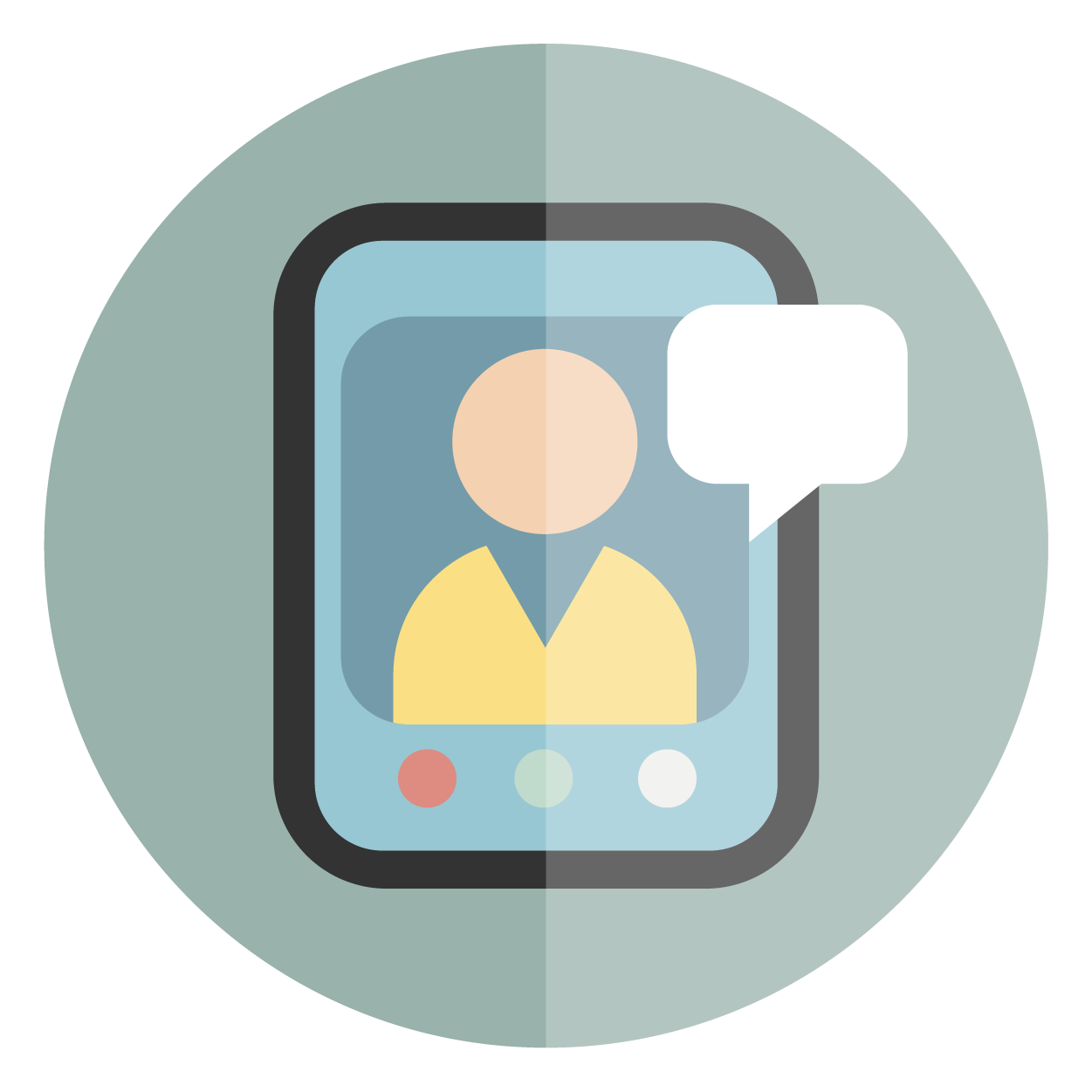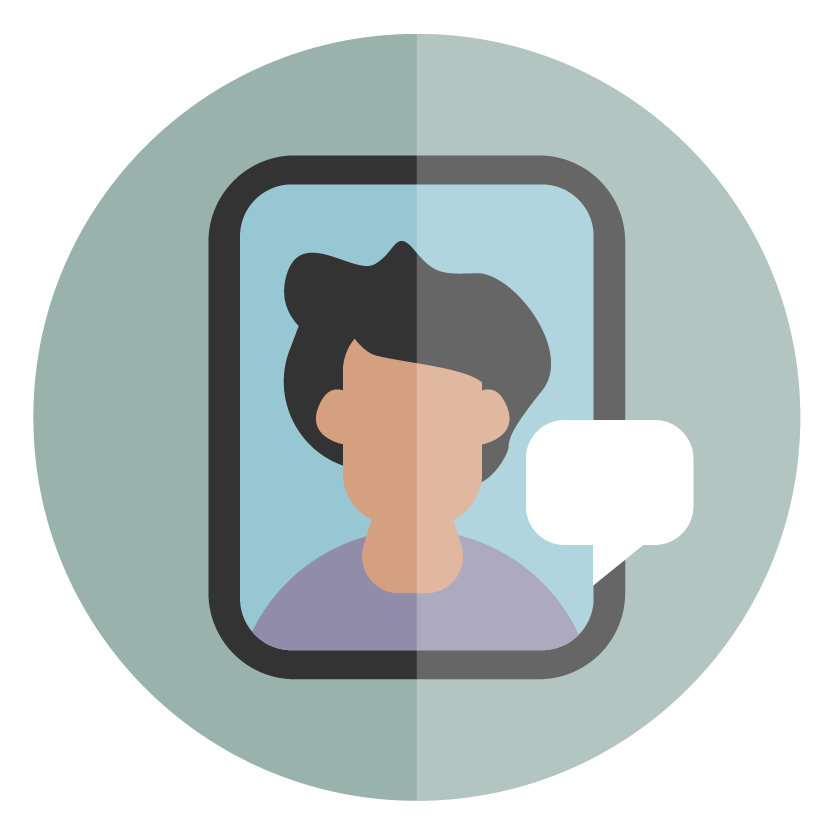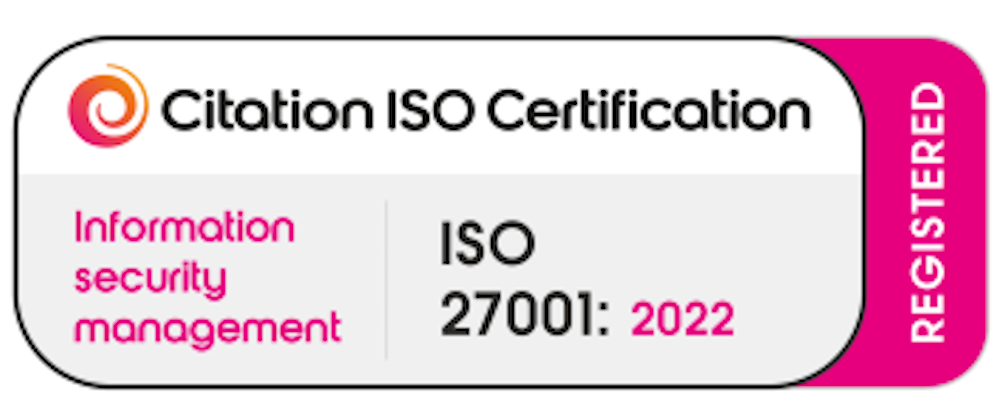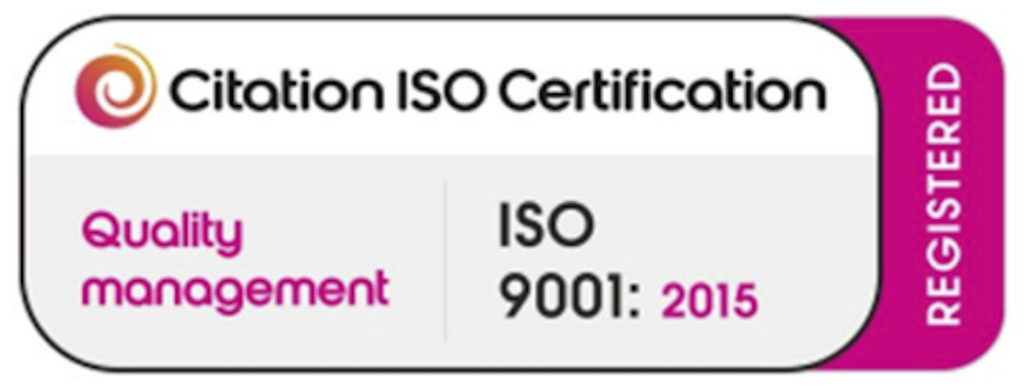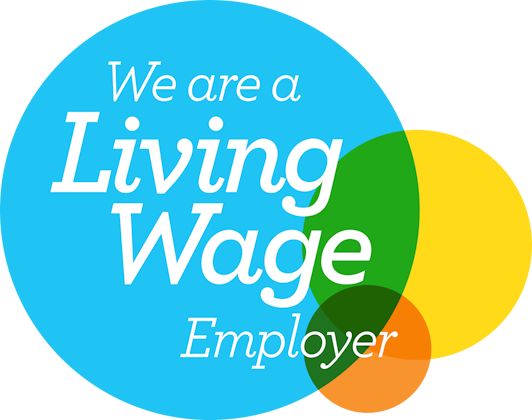We provide 1:1
Video Therapy.
Through our secure platform, we’ll connect you with the right therapist to support your needs.
All our therapists are highly trained and highly qualified, and will take the time to listen and understand your concerns.

We don’t have
waiting lists
Our highly skilled clinical team have experience ranging across the private sector and the NHS.
- Our therapy sessions are available same day
- Sessions are 50 minutes long meaning you have time to talk through your concerns and don’t feel rushed
- Our therapies include counselling, CBT (Cognitive Behavioural Therapy) and EMDR (Eye Movement Desensitisation and Reprocessing).
- Therapy is available for those aged 11 and over
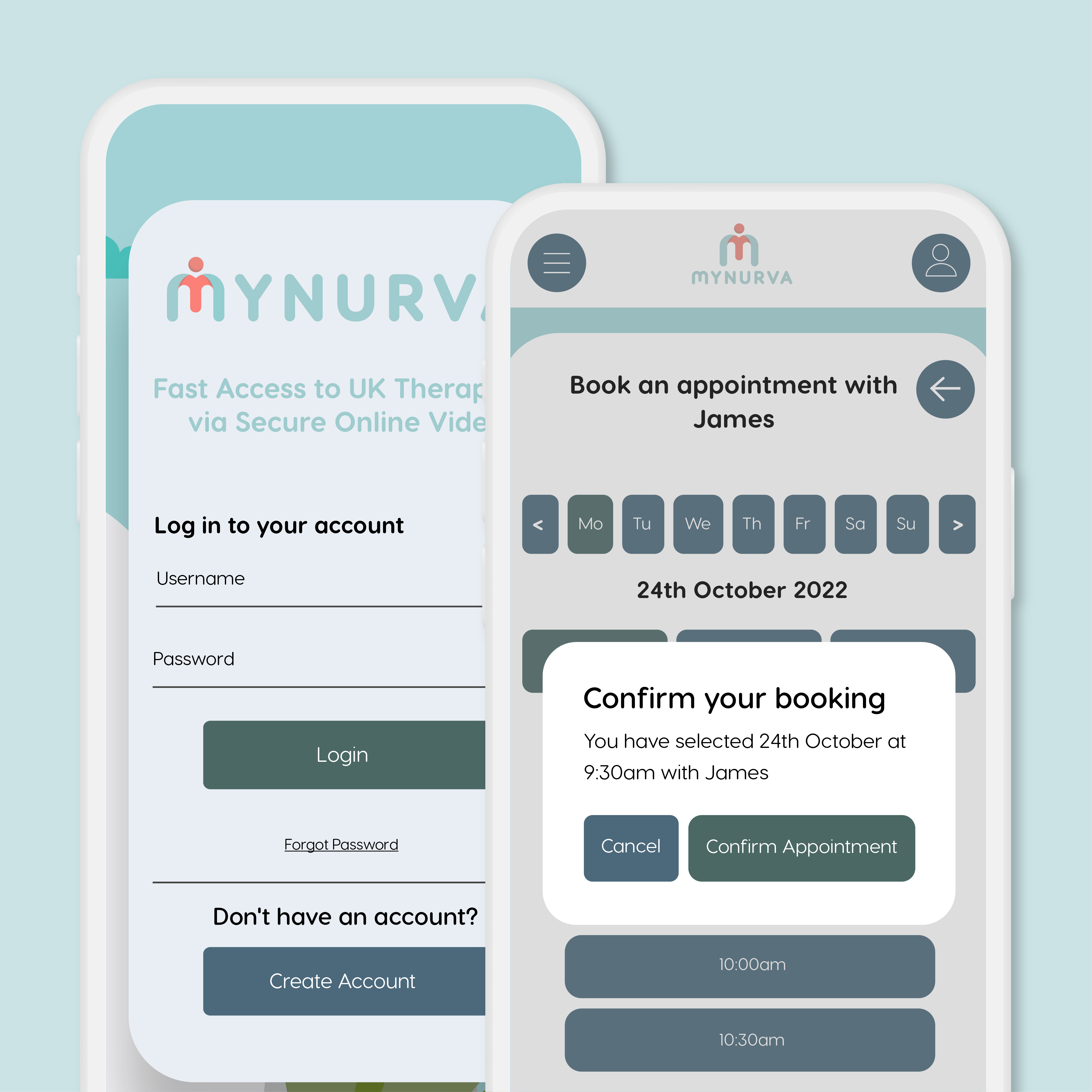
Start your therapy journey today
Our Reviews
"Fast efficient caring service - met all these expectations and more."
"Excellent responsive quick, there is no other service on offer here, invaluable."
"It alleviated my own concern and worry about patients struggling at home. Patients have told me the support they received was invaluable."
FAQs
How long is an appointment?
Each appointment is up to 50 minutes long and starts on the half hour.
How many appointments will I need?
It’s very similar to when you see a personal trainer at a gym or a physiotherapist for helping after a physical injury. A set of appointments allows new techniques to be learnt, practised and improved.
Everyone responds at a different rate, so there’s no simple answer.
The NHS recommends starting with six appointments as this shows a significant improvement for most people.
What happens when I’ve used all of my appointments?
If you have used up all your purchased appointments you can purchase more as required, whether this is just one more or several more. And remember you don’t need to use them straight away – they will last up to one year from date of purchase.
I’m nervous about using video – can I just talk?
Yes – it is possible to just use an audio connection and, at any point during the appointment, it’s easy to turn off/on the video or the sound.
You may find it is easier with video as you can communicate using many non-verbal signals. Your facial expressions, hand and body movements form a helpful part of the dialogue especially if you find talking difficult.

